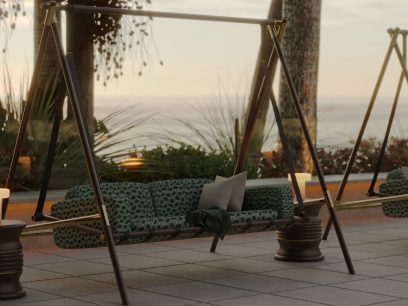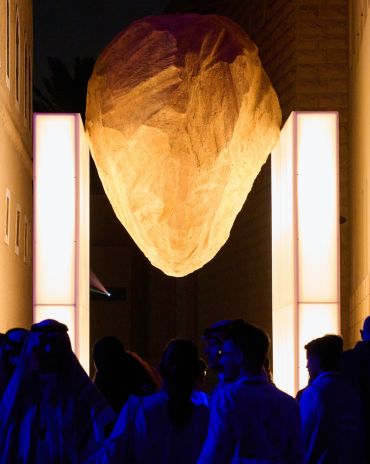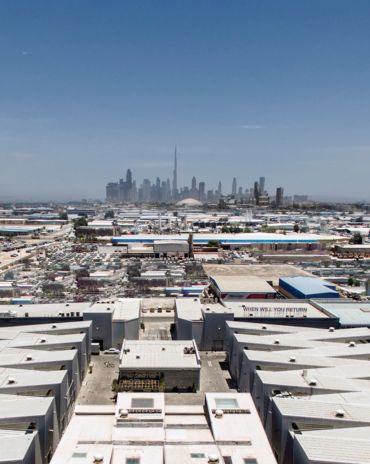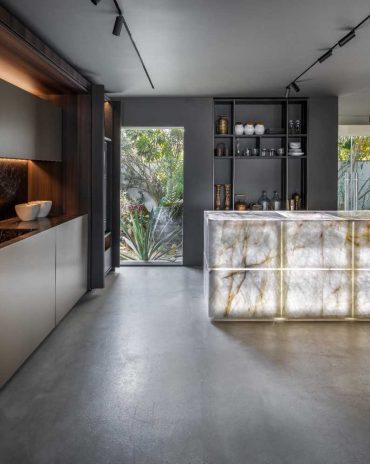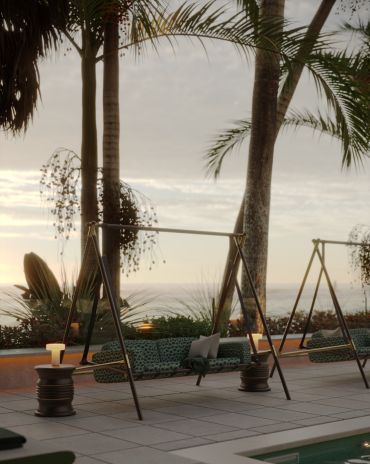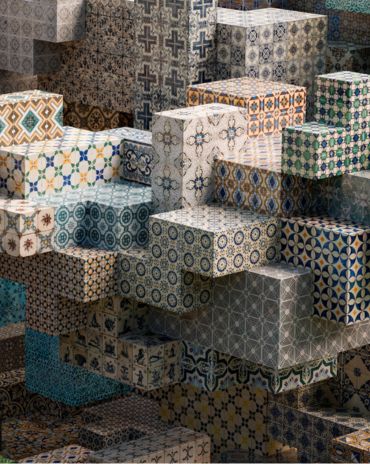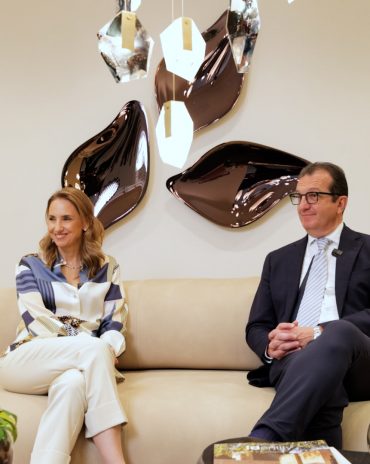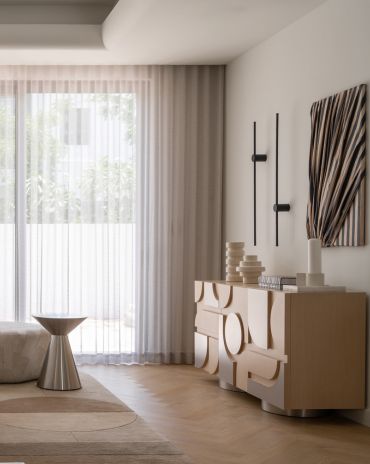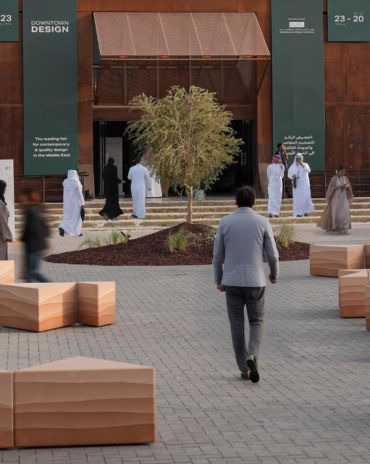Copyright © 2025 Motivate Media Group. All rights reserved.
SALT of Palmar in Mauritius is inspired by the vibrant culture of the island
Set in the village of Palmar on the east coast of Mauritius is the SALT of Palmar boutique hotel
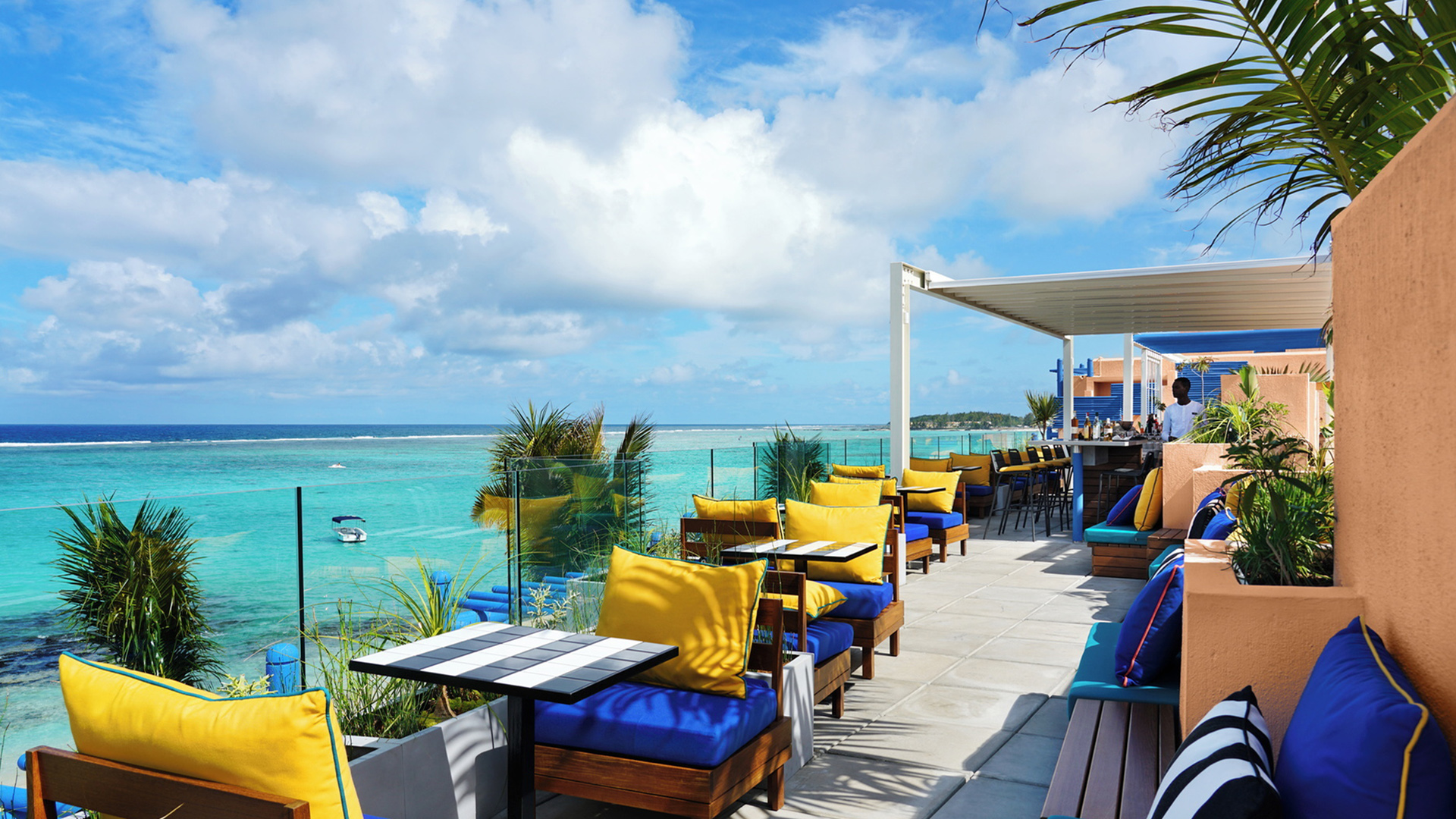
Set in the village of Palmar on the east coast of Mauritius, the SALT of Palmar boutique hotel is the island’s first property to fall under Design Hotels’ diverse portfolio, having made waves in the local hospitality scene for its bold design, contemporary dining concept and commitment to giving back to its community. Located on a miniature peninsula between two bays with calm turquoise waters, the adults-only hotel sits close to the nearby Flacq market – the largest outdoor market in the area selling fabrics, food and handicrafts – as well as the fishing village of Trou d’Eau Douce, known for its corrugated iron huts, mazes of picturesque streets and friendly inhabitants.
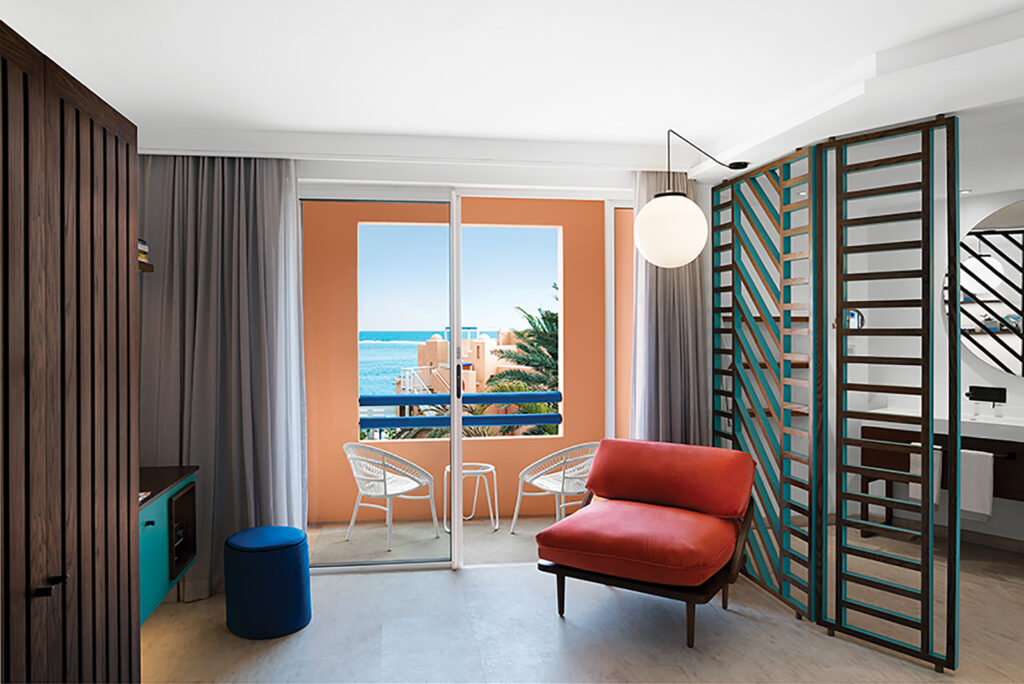
The east side of the island showcases a lot of the natural abundance present on the island, from traditional villages to swathes of raw beachfront, sugarcane fields, mangroves and lagoons, in addition to reminding visitors of the island’s rich mix of African, Indian, Chinese and French cultures.
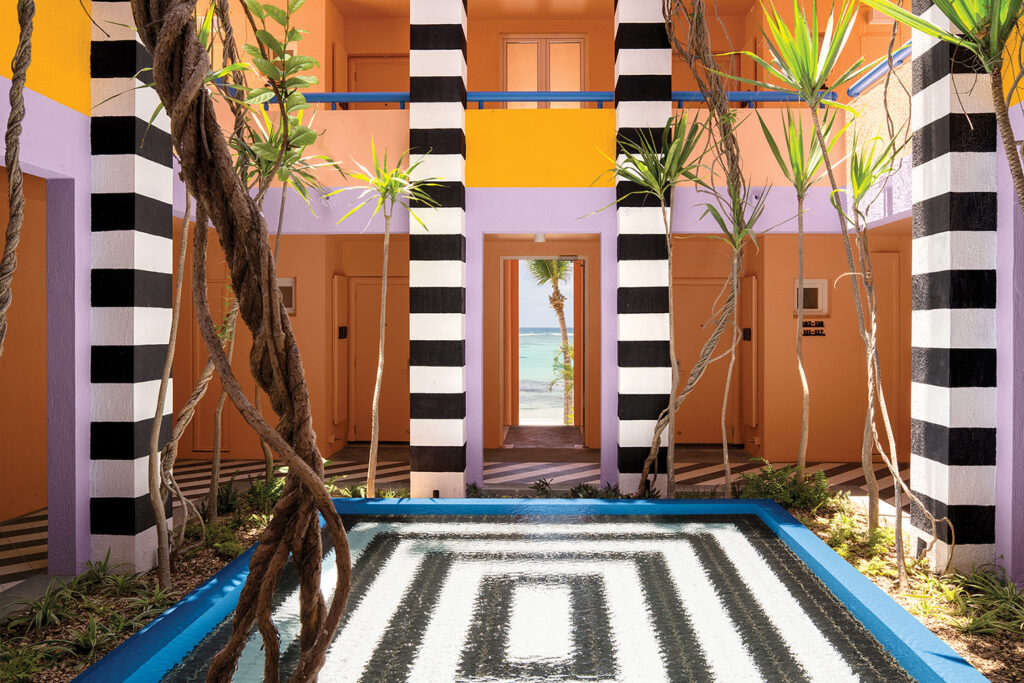
Taking all these attributes into consideration, Mauritius-born and -based architect Jean-François Adam renovated the hotel’s existing structure, which was originally built in the style of a traditional Moroccan riad – the elements of which still exist within the property today – but now takes better consideration of its surrounding natural landscape of tall palm trees and endless sea. “We had to bring these natural elements into the interiors,” explains Adam. “We reorientated all the beds to face the sea and redesigned the pool for a better connection to the beach.”
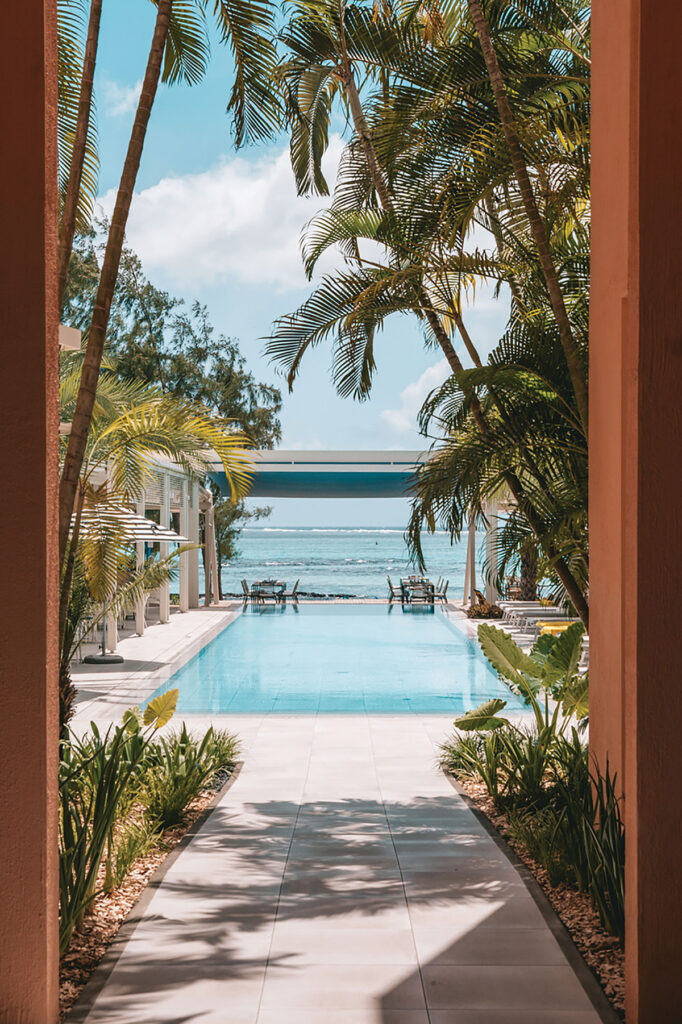
French artist and designer Camille Walala – known for her vibrant and chromatic designs – was later brought into the project to inject her creativity into the overall interiors concept. “I was blown away by the vibrant colours around the island,” she says. “People paint their houses in the most amazing tones that really stand out against the emerald green of the plants and the ever-changing colours of the sky. I wanted to marry these tones with my signature pop colours.”
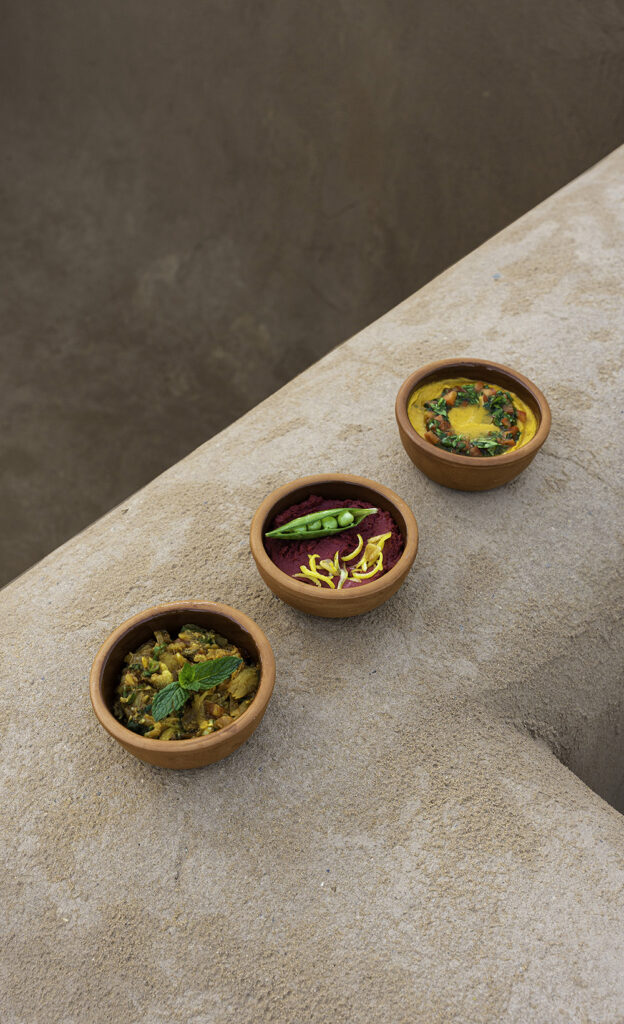
While the façade is painted peach with royal blue accents, the daybeds are a vibrant turquoise with orange piping, and even the beach towels are a canary yellow. Walala also worked with an extraordinary range of artisans on the island – referred to as the hotel’s ‘Salt Shakers’ – to develop the entire range of furnishings. Everything from the woven chairs by the pool and the rug in the library to the mosaic tables, cushions and sunbeds are bespoke. SALT of Palmar comprises 50 guest rooms, which also feature playful splashes of colour, such as the fiery orange-red chairs and similarly hued tiled showers, with plants set in painted ceramic pots, and black-and-white striped cushions. Every room is equipped with a custom mattress by Carpe Diem, a company founded by a Swedish chiropractor, a bespoke guidebook and small selection of books by local authors, a beach basket made from recycled plastics by local artisan Reotee Buleeram, and refillable, all-natural toiletries. Natural products are used in treatments at the hotel’s intimate spa, SALT Equilibrium, which also has a salt room for halotherapy.
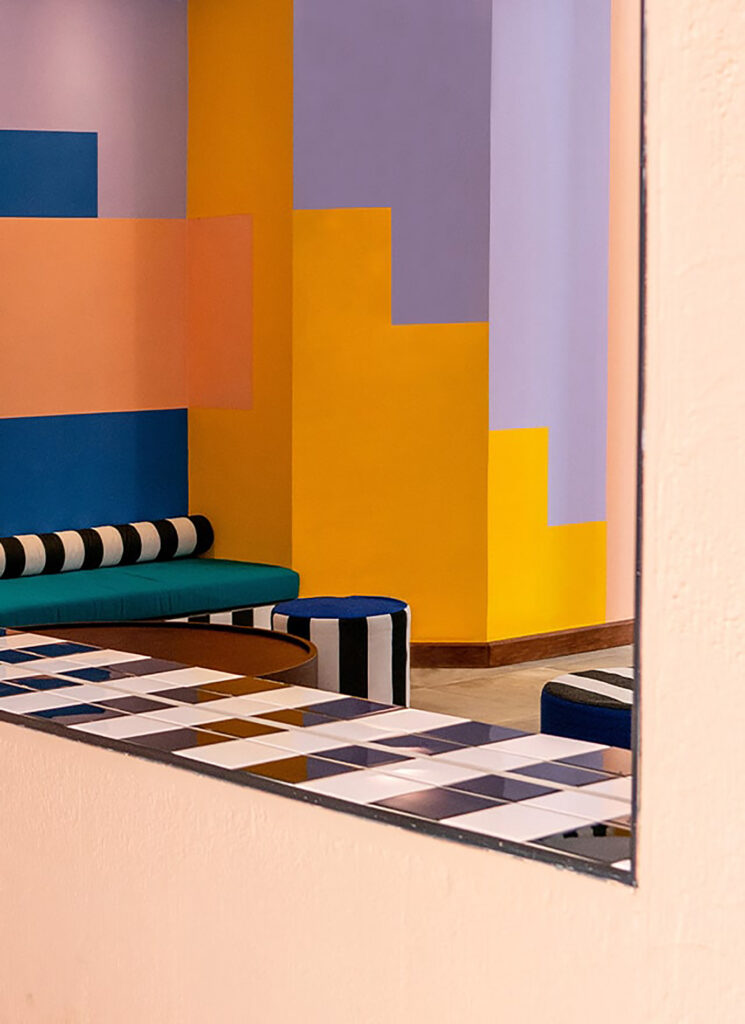
It is no surprise that upon visiting the island in 1896, Mark Twain wrote: “You gather the idea that Mauritius was made first and then heaven; and that heaven was copied after Mauritius.”
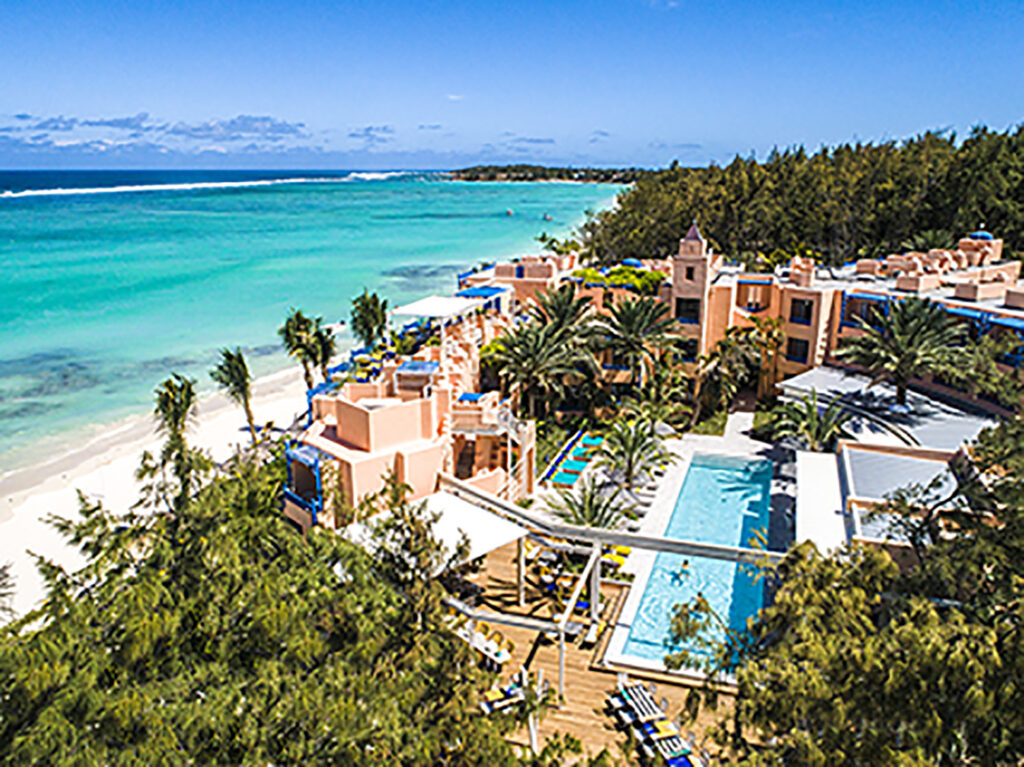
Read more about Mauritius’ other hotel here.
The Latest
Nebras Aljoaib Unveils a Passage Between Light and Stone
Between raw stone and responsive light, Riyadh steps into a space shaped by memory and momentum.
Reviving Heritage
Qasr Bin Kadsa in Baljurashi, Al-Baha, Saudi Arabia will be restored and reimagined as a boutique heritage hotel
Alserkal x Design Miami: A Cultural Bridge for Collectible Design
Alserkal and Design Miami announce one of a kind collaboration.
Minotticucine Opens its First Luxury Kitchen Showroom in Dubai
The brand will showcase its novelties at the Purity showroom in Dubai
Where Design Meets Experience
Fady Friberg has created a space that unites more than 70 brands under one roof, fostering community connection while delivering an experience unlike any other
Read ‘The Winner’s Issue’ – Note from the editor
Read the December issue now.
Art Dubai 2026 – What to Expect
The unveils new sections and global collaborations under new Director Dunja Gottweis.
‘One Nation’ Brings Art to Boxpark
A vibrant tribute to Emirati creativity.
In conversation with Karine Obegi and Mauro Nastri
We caught up with Karine Obegi, CEO of OBEGI Home and Mauro Nastri, Global Export Manager of Italian brand Porada, at their collaborative stand in Downtown Design.
The Edge of Calm
This home in Dubai Hills Estate balances sculptural minimalism with everyday ease
An interview with Huda Lighting at Downtown Design
During Downtown Design, we interviewed the team at Huda Lighting in addition to designers Tom Dixon and Lee Broom.
Downtown Design Returns to Riyadh in 2026
The fair will run its second edition at JAX District

